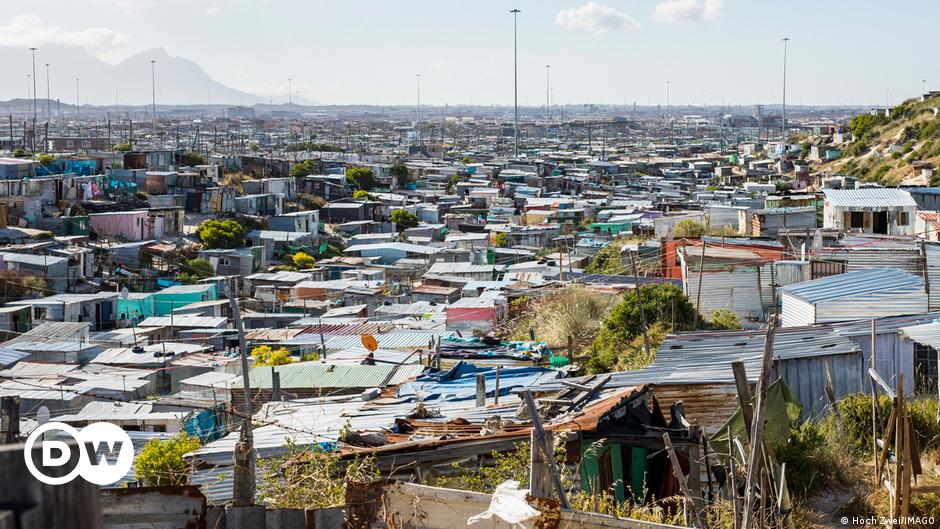Thirty years after the end of apartheid, South Africa is looking back on a democratic but deeply divided society. Political divisions have fueled a growing disappointment with Nelson Mandela’s liberation party, the ANC.
As a newly democratic country, South Africa got off to a euphoric start with its first free elections in 1994.
People queued up for hours to cast their votes, full of hope, optimism and joy. That positive spirit continued as Nelson Mandela was elected president after spending 27 years in prison.
The African National Congress (ANC), Mandela’s political party and former anti-apartheid movement, came into power, ending not only white minority rule but centuries of colonialist mentality. It’s still in power today.
However, looking back on the past 30 years, the assessment on the state of Mandela’s “rainbow nation” is sober: The economy in the Cape of Good Hope is ailing, society is still divided along racial lines and people feel their politicians don’t understand them.
Meanwhile, the gap between rich and poor has kept growing — despite the fact that the ANC made the issue a central concern when it came to power in 1994. Frustration over these shattered dreams runs deep.



Strawman much? South Africa eliminated political apartheid, but economic apartheid persists. They didn’t finish the job. When you have huge economic disparity, you are going to have resentment and unrest. White people are a tiny minority in SA, and their racism and violence during Apartheid made it what it is today. No shit SA has problems. You created them! My sympathy lies with the struggling poor who struggled under Apartheid and now struggle under a corrupt ANC.
Removed by mod
They were born into an economic apartheid even if political apartheid has ended. And they’re only 7.3% of the population.
source
Removed by mod
You’re holding on to that strawman so tight your knuckles are turning white.
Removed by mod
My point is that it’s racist to focus on the plight of white people in a country where by any objective statistical standard white people are far better off than the rest of the country and are just a tiny minority. It’s like stepping over people bleeding out to put a bandaid on scraped knee.
The white people in South Africa should have paid huge reparations. They got off easy, and now want us to feel sorry for them because they are experiencing some of the strife and violence that is the direct result of apartheid. They are like a physically abusive parent seeking sympathy when their adult children are openly hostile and struggling with mental health from the childhood abuse.
Removed by mod
We’re going around in circles. I made my point.